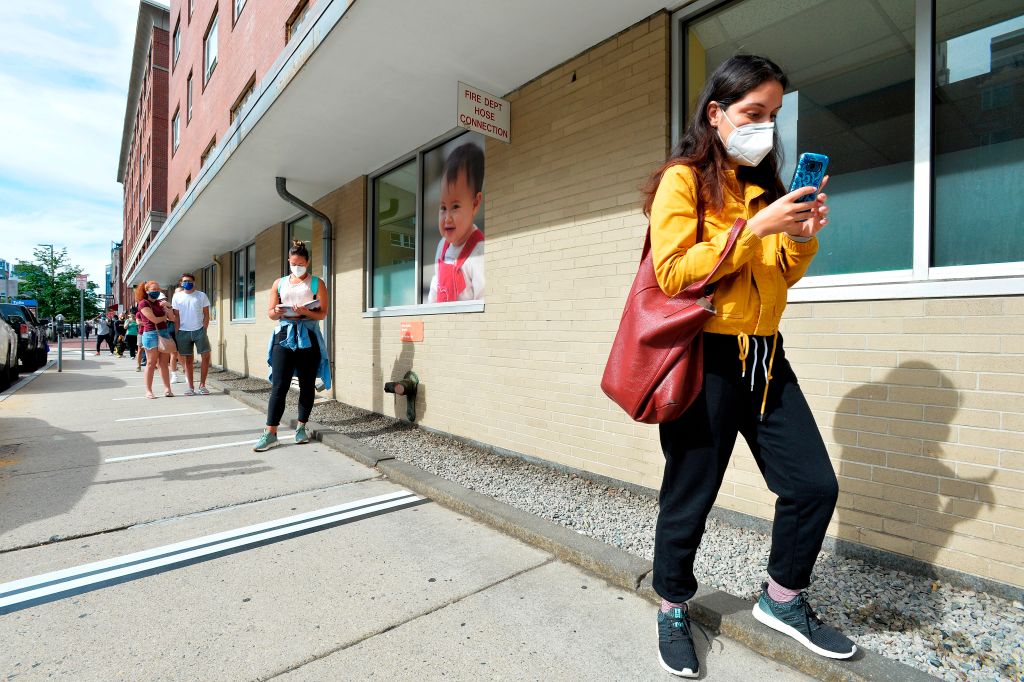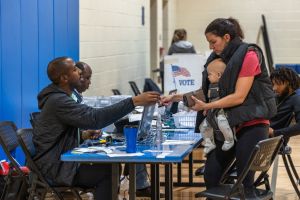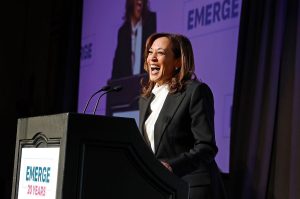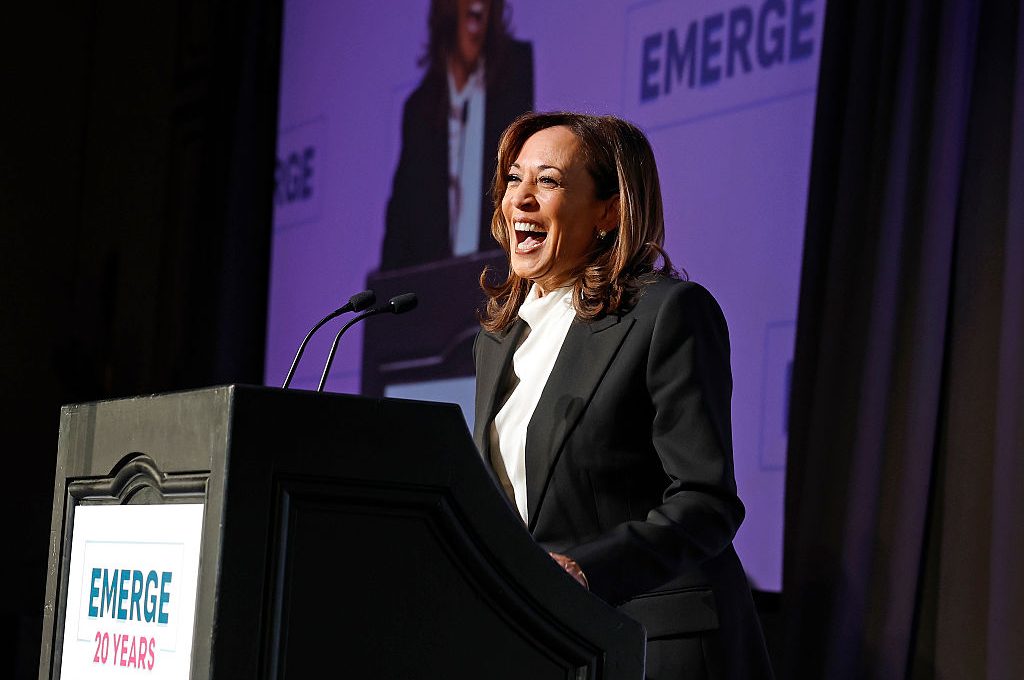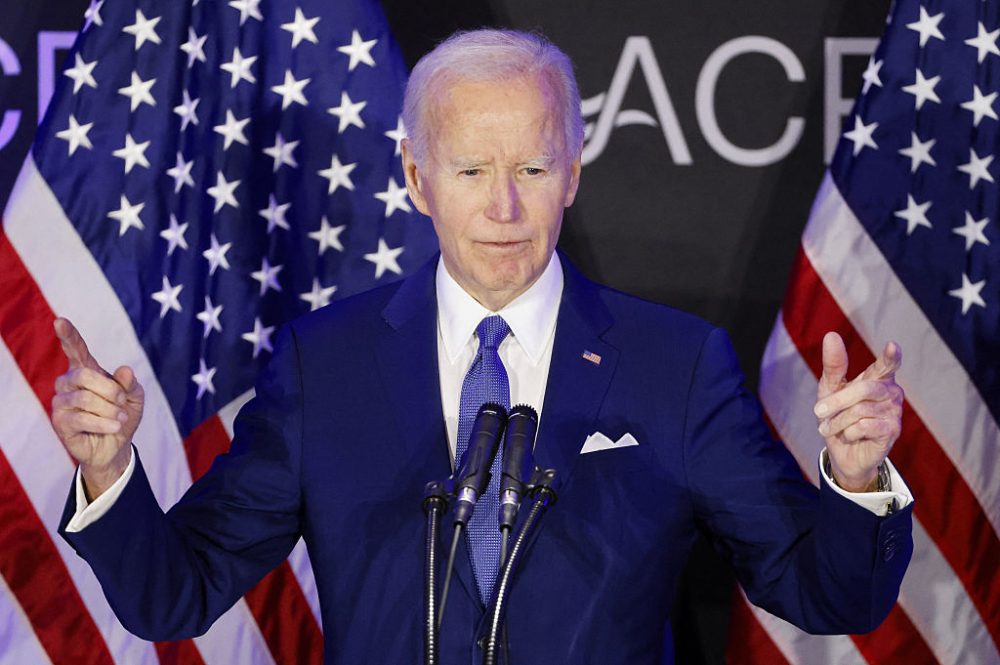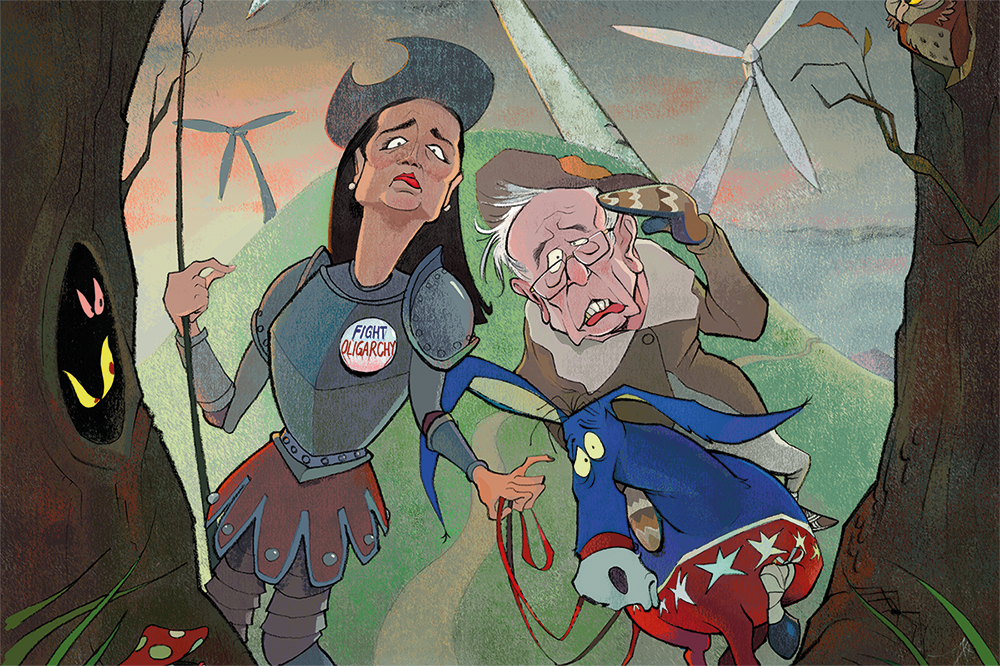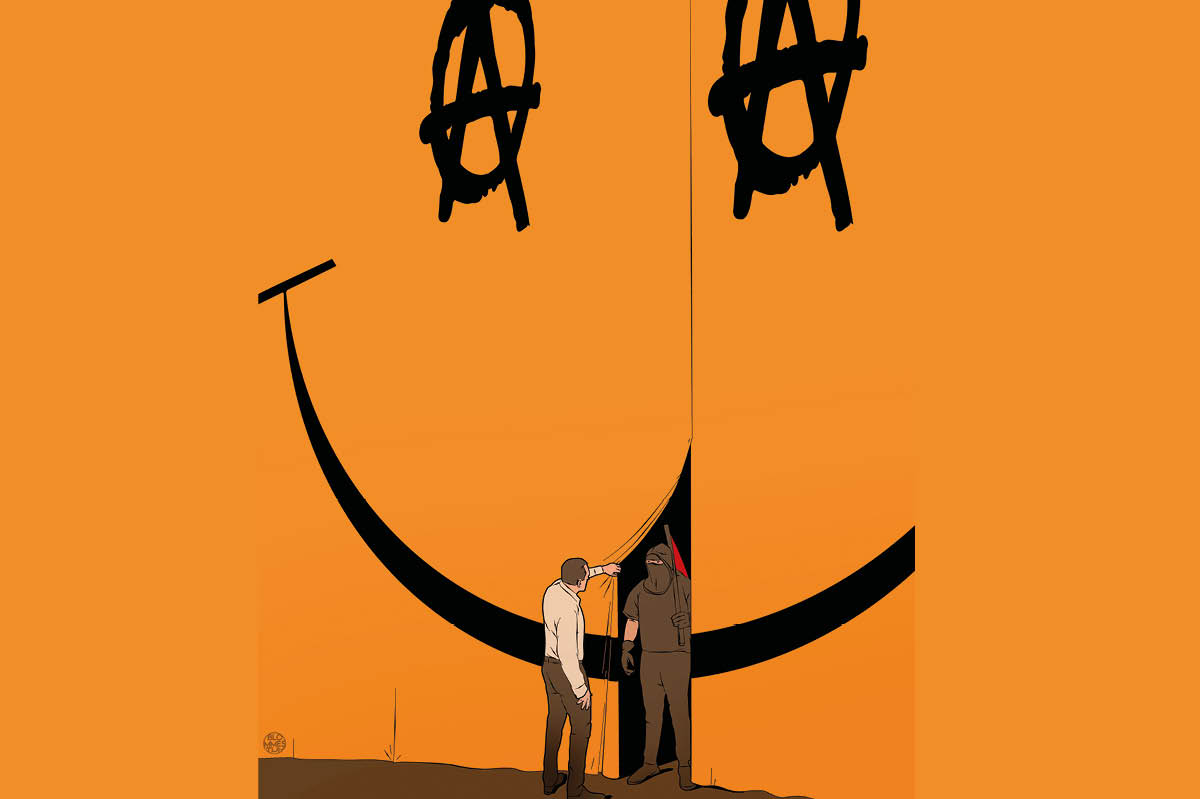Now that the conventions are over and the general election is joined, it’s worth pausing to ask if our nominating processes really reflect the will of voters and fully enfranchise all voices in our republic. As state party chairs from opposite parties, we see the incredible promise of adopting ranked choice voting to protect against wasted votes, ensure convention delegates reflect the will of the people and upgrade our outdated caucus system, as a new report from the Unite America Institute details.
Vicki, who chairs the Kansas Democratic party, oversaw the use of ranked choice voting in her state for this year’s presidential primary. Kansas was one of five states — Wyoming, Alaska, Hawaii and Nevada were the others — that used the system, and in all them it was a success. Turnout was up in all five states, voters enjoyed the experience, and the process mitigated against wasted votes on withdrawn candidates.
Stan, a former chairman of the Utah Republican party, helped ensure the implementation of the system for party nominating contests for state and federal offices. In crowded races for governor and congressional offices, many candidates who did not have anywhere near 50 percent of the vote in the first round of ballot counting ended up with majority support. In a poll of 1,100 delegates by the state GOP, 72 percent said they preferred the instant runoff to multiple rounds of voting.
Adopting ranked choice voting would eliminate wasted votes cast for candidates who have already dropped out of the race or who do not meet viability thresholds. On Super Tuesday this year — shortly after Sen. Amy Klobuchar, former Mayor Pete Buttigieg and California energy activist Tom Steyer dropped out of the race — over a million votes were wasted on them, many cast by voters participating early or by mail. In total, 4,582,380 votes (more than 13 percent of all votes cast) were squandered in this year’s 2020 Democratic primaries on candidates no longer in the running.
Wasted votes are a bipartisan problem: in 2016, more than half a million ballots were wasted on the Republican side, many cast by military personnel and overseas voters. In Arkansas, Missouri and Vermont, the number of wasted votes exceeded the margin of victory.
Ranked choice voting can also help ensure election outcomes best reflect the will of voters. In states that award all their delegates to the statewide winner, ranked choice voting ensures whoever wins actually has majority support. In states where candidates must meet a 15 percent viability threshold, ranked choice voting allows more candidates to get there, lessening the distortion between voter preferences and delegate allocation.
Finally, ranked choice voting would be a meaningful upgrade of the caucuses still used in many states. Caucuses solve a real problem in American politics by allowing voters to cast a second- place vote, removing the fear of supporting their favorite candidate if they may not have a chance. Yet, caucuses depress turnout and disenfranchise voters by requiring voters to show up in-person for hours on Election Day. At minimum, states with caucuses should allow voters to vote early or by mail with ranked choice ballots.
[special_offer]
There are other benefits of ranked choice voting, too: when voters have a second- and third- place vote, candidates are incentivized to avoid negative advertisements and limit below-the-belt attacks. When cities and parties adopt the system, runoff elections can be avoided, saving millions in taxpayer dollars.
Future presidential primary candidate fields are likely to be filled with large numbers of candidates reflecting the diversity of opinions within and between our political parties. We should work to adopt a system that allows new candidates to enter the race without fear of being a ‘spoiler’ and permits voters to vote their true preferences without fear of ‘wasting’ a vote.
Our national parties can set an example for the rest of the nation to follow by using a system that gives voters more voice, choice and power.
Vicki Hiatt, chair of the Kansas Democratic party, has degrees in education from the University of Kansas, and before entering public life was a special education teacher. Stan Lockhart, former chair of the Utah Republican party, previously served as a Provo City Council member and currently serves as a member of the Utah State Board of Education. This article was originally published on RealClearPolitics.



